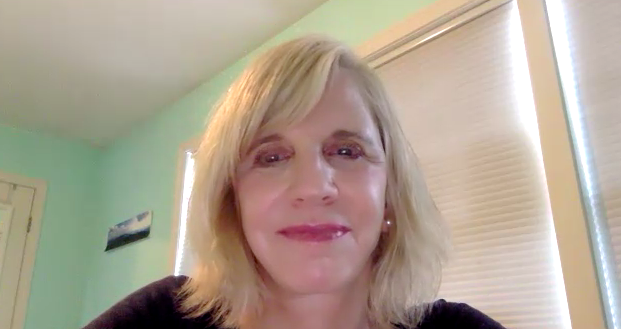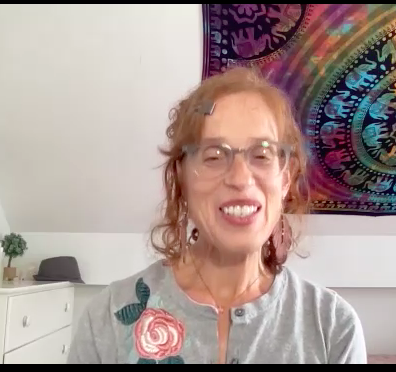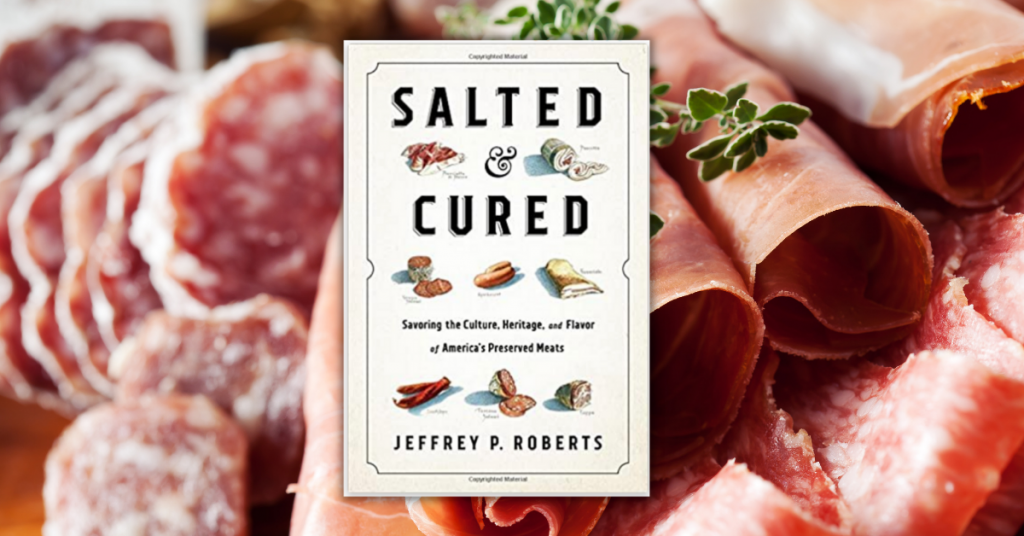‘Show, tell, reflect,’ suggests Joni B. Cole, a seven-time author and founder of The Writer’s Center of WRJ in White River Junction, Vermont.
We are discussing her latest book, a collections of essays called Party Like It’s 2044: Finding the Funny in Life and Death (University of New Mexico Press, 2023) which reads to me like a roadmap to writing a good essay.
“Often, the form of showing, telling, and then reflecting is the most engaging and meaningful way readers receive an essay. So in other words, don’t start with boring description or a long setup. Lock us right in, and it doesn’t have to be some fancy pants hook either.”
Which appears to be among the guiding tenets of most of these essays, such as “Let It Lie” which opens with the narrator’s daughter reporting that a woman in the bathroom is using nunchucks and ends with the narrator feeling greater empathy and tolerance for people with unexplained eccentricities. A similar structure appears in “Recalculating, Recalculating, Recalculating…” when the reader is introduced to a narrator who does not know which way is Northeast and is reliant on a “GPS lady” with an Australia accent who wrongly assumes she does. Both provide an immediate snapshot of a scene that is described, explored, and built upon, before concluding with a pithy reflection.
Joni takes a similar approach in “Our Old House” which starts with the narrator telling her ex-husband she wants to buy him a new oven before evolving into an exposition on a marriage that may be over but was not, to her mind, a failure.
“It opens in a scene, then there’s a lot of information, there’s a lot of backstory, and then the scene continues, and we move forward in time. And then, at the end, yeah, there’s definitely a reflection,” says Joni.
Joni talks like she writes. She is accessible, funny, candid, and not averse to mixing the odd colloquialism into her language. She is also quick to provide examples to support her statements and is a firm believer that writing is a craft that can be taught and learned.
“Craft is very acquirable. My workshops are very much about craft. With craft in our back pocket, we can make a scene stronger. We can say, ‘Oh, this is the structure that will work,’” she tells me.
Party Like It’s 2024 follows her revised book on writing that include fittingly named: Toxic Feedback: Helping Writers Survive and Thrive (University of New Mexico Press, 2023) and Good Naked: How to Write More, Write Better and Be Happier. Revised and expanded edition (University New Mexico Press, 2022). In our conversation about writing, she touches on some of these books’ themes, among them that writers can be their own worst detractors.
“Oh, I’m not a writer, will anyone want to read my story? Who’s gonna care about this? I hear that as much from seasoned writers as newbies. All this bad PR we have between our ears about what it means to be a writer, or how we’re supposed to write. And that’s where I felt really motivated to write Good Naked because it deals a lot with the head stuff that gets in the way of our creative process.”
Many of the essays in Party Like It’s 2024 speak to confronting our insecurities and our often unnecessary but diminished sense of self-worth, as recounted through Joni’s self-ironic and humorous writing style. “Winning Women”, “The Other Woman”, and “But Enough About Me” all tackle these limiting self-perceptions with wit and compassion.
Not that Joni adheres to a one-size-fits-all approach to writing. She believes that we each have to honor our own creative process. That does not mean ignoring the fundamentals of what makes a good essay or that, in our efforts to find new voices, we should dismiss those of the past, a concern that is very much evident in her essay, “No Podium for Old Men: A Transcript of the Introductory Remarks at the “Diversity Enhancement Award” Ceremony at Walter S. Walters College.”
“I want to make sure we don’t have this knee-jerk reaction to get rid of some of the old guard that are still really of value,” she says.
In fact, it occurs to me, as our conversation comes to its close, that giving voice is what Joni B. Cole does—as an essayist, a writer, and a teacher to thousands of writers and readers whom she leads by example with her straight-talking, thought-provoking, humorous but still somehow consolatory words that permeate the breadth of her work.




